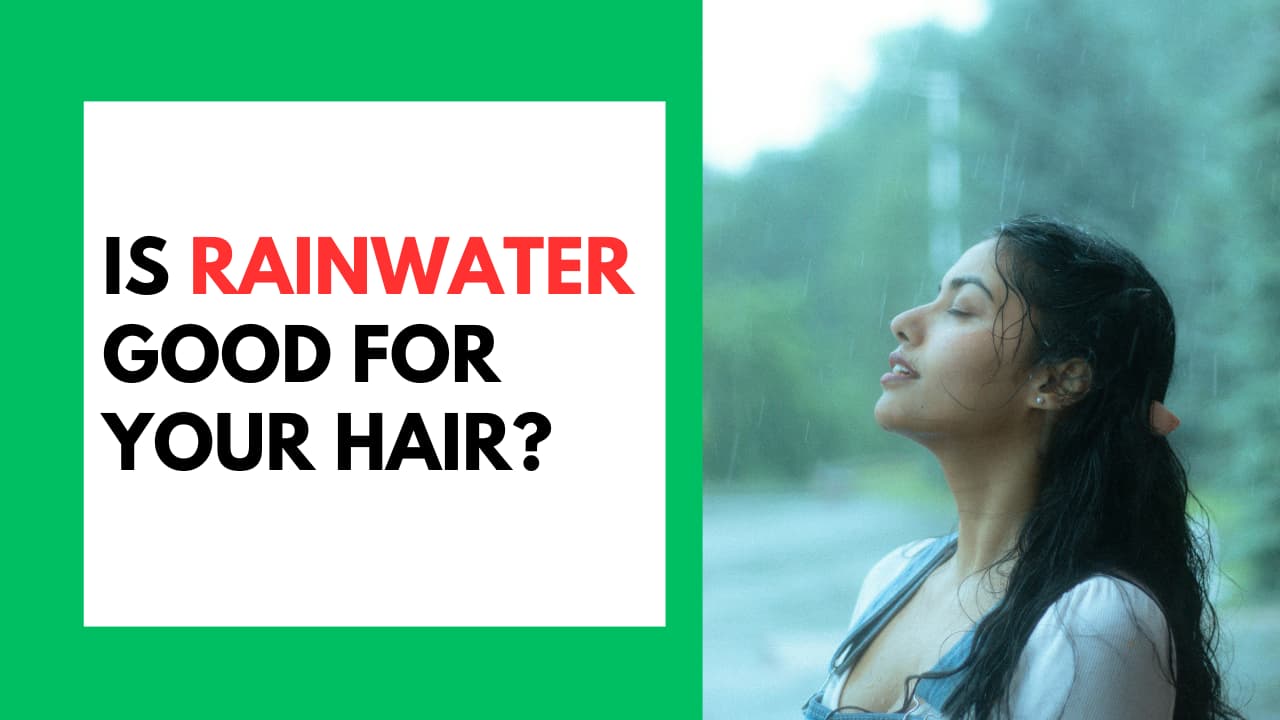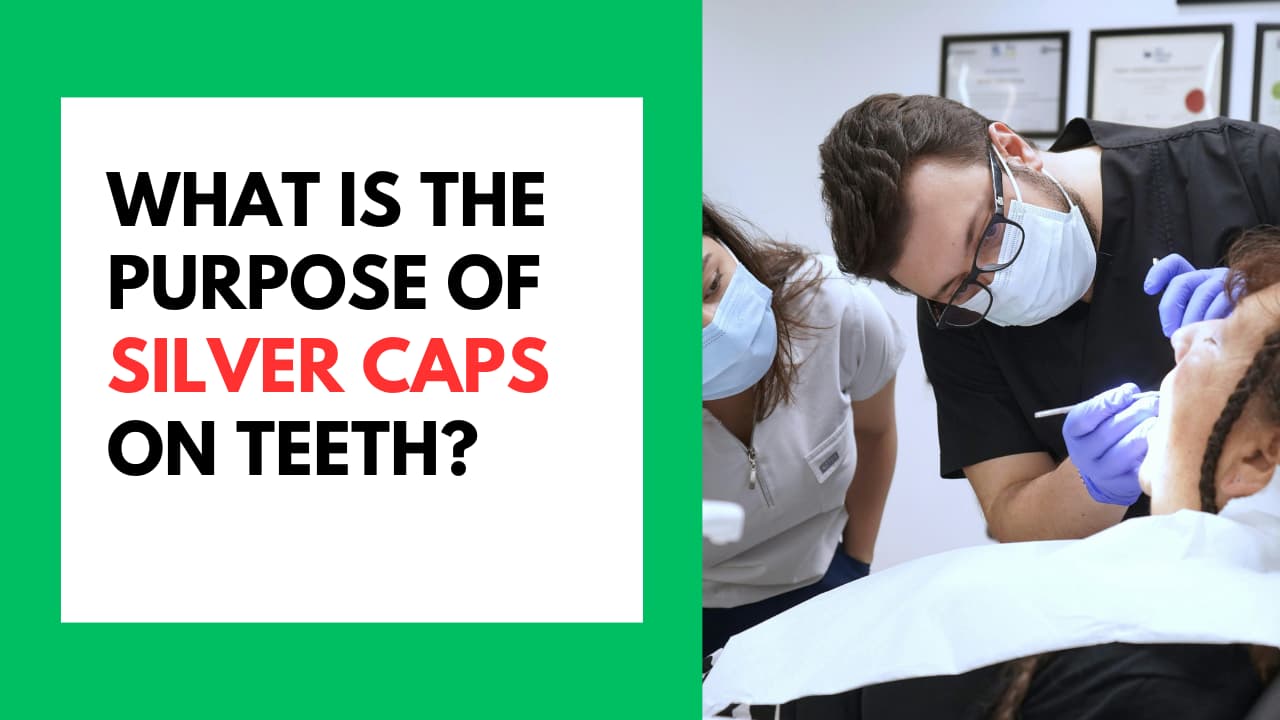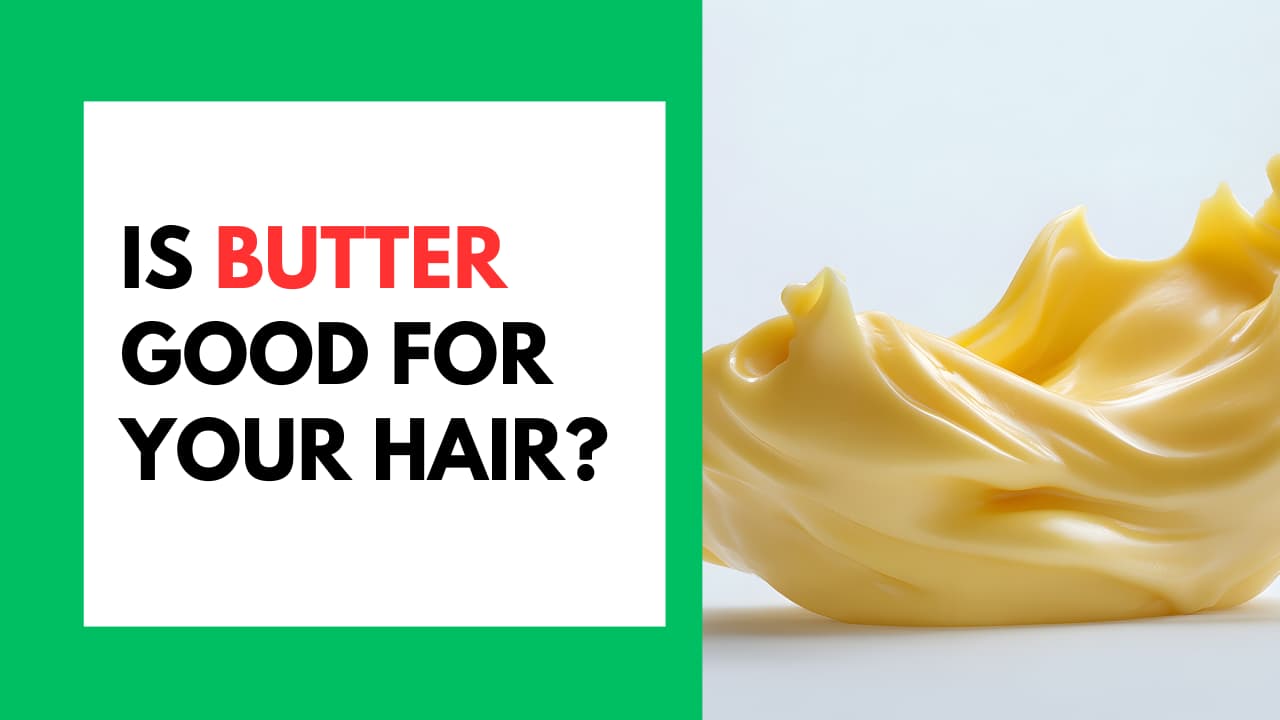The soft sound of rain hitting the window and the clean, fresh smell in the air can feel refreshing, like nature’s way of cleansing the world. Some people believe this same natural rainwater could also be a secret ingredient for healthy, beautiful hair. Often talked about in beauty circles, rainwater is thought to be a pure and gentle gift from nature that might help make your hair softer, shinier, and more nourished. The thought of using something so simple and natural to care for your hair is intriguing. However, as the environment changes and pollution becomes more common, the quality of rainwater can vary. Read on to find out if rainwater is good for your hair.
Expert in This Article
Dr. Tarek Shaath is a board-certified dermatologist and skin cancer surgeon known for his compassionate, patient-first approach and dedication to gold-standard care at Care Dermatology.
What Makes Rainwater Different from Regular Water?
Rainwater is different from regular tap water mainly because it is naturally soft and pure. It comes straight from the atmosphere, like a form of natural distilled water, and doesn’t contain the harsh chemicals or minerals, such as chlorine, calcium, and magnesium, that are often found in tap water. These minerals are what make tap water “hard.”
Since rainwater doesn’t have these minerals or additives, it has almost zero water hardness, measured at nearly zero grains per gallon. In comparison, tap water usually has a hardness level between three and seven grains per gallon. Rainwater also has a slightly acidic pH of about 5.5 to 6.0, because it picks up gases like carbon dioxide from the air, while tap water is typically neutral, with a pH around 7. According to Dr. Tarek Shaath of Care Dermatology, “The mild acidity and lack of chemicals make rainwater gentler on your hair and skin. These properties help you avoid buildup from minerals and chlorine that are present in regular tap water.”
You May Also Like: How Long to Leave Clay Mask On?
Benefits of Using Rainwater on Hair
Rainwater is a natural and gentle option for hair care that can improve the health and look of your hair. Because it’s clean and soft, rainwater helps keep your hair’s natural balance and makes your hair care products work even better. Here are some benefits of using rainwater for hair:
· Soft Water Advantage
Rainwater is naturally soft, which means it doesn’t have minerals like calcium and magnesium that are found in hard tap water. These minerals can build up on your hair, making it feel heavy or look dull. Since rainwater doesn’t have these minerals, it leaves your hair feeling softer, smoother, and shinier. Without buildup, your hair reflects light better and has a healthy glow.
· Better Hair Washing
Rainwater doesn’t contain strong chemicals or heavy minerals, so it rinses your hair more gently and effectively. It removes dirt, sweat, and leftover hair products without stripping away the natural oils your scalp needs. This gentle rinse helps keep your scalp healthy and prevents dryness or irritation, leaving your hair feeling clean, soft, and balanced.
· Natural Nutrients
Even though it’s soft, rainwater still has small amounts of helpful minerals like magnesium, calcium, and potassium. These minerals support healthy hair growth by feeding the hair roots and helping blood flow to the scalp. Unlike hard water, which can do more harm than good, these gentle minerals help keep your hair strong and full of life.
· Better Curl Definition
Rainwater can help your hair hold texture. If you have curly hair, rainwater can help your curls stay soft and bouncy. It gives your hair the moisture it needs to stay elastic and reduces frizz. Since it doesn’t contain harsh minerals, it keeps the hair cuticle smooth, which helps your curl pattern stay in shape. This means your curls look more defined, feel softer, and are easier to manage.
· Great for Colored Hair
Hair that’s been colored or chemically treated does especially well with clean rainwater.” Shaath. Unlike tap water, rainwater doesn’t contain minerals that can fade or dull your hair color. This helps keep your color looking bright and shiny for a longer time, so that you won’t need salon touch-ups as often.
· Helps Hair Products Work Better
Rainwater makes shampoos and conditioners lather more easily and work more effectively. Because it’s so soft, it allows these products to clean your hair well without being too harsh. Your hair can absorb the nutrients and moisture from products better, leading to stronger, healthier, and more hydrated hair.
Potential Downsides of Using Rainwater for Hair
“Rainwater can also come with hidden risks, especially when it’s affected by pollution in the environment.” Says Dr. Shaath. Some possibilities include:
· Water Contamination
Polluted air carries harmful substances like sulfur dioxide, nitrogen oxides, and chemicals from factories and cars. These pollutants can mix with rainwater, turning it into acid rain. In areas with heavy pollution, this type of rain can have a very low pH, sometimes as acidic as two to four.
Rainwater can also pick up heavy metals like lead, especially in cities or near industrial areas. These metals come from things like dirty air, old roofing materials, and dust in the environment. Other harmful artificial chemicals, including long-lasting ones known as “forever chemicals” or PFAS, have also been found in rainwater in many parts of the world, which adds to the concern.
· Hair Damage
Rainwater that’s too acidic can remove natural moisture from your hair, making it dry, frizzy, and more likely to get damaged. It can also harm the outer layer of the hair, called the cuticle, which can lead to hair that’s brittle and breaks easily.
If rainwater contains heavy metals, it can irritate your scalp, cause redness or swelling, and even weaken your hair over time. Explains Dr. Tarek Shaath. Using polluted rainwater on your hair can also make it frizzier, dull, and lead to scalp problems like dandruff or sensitivity. Sulfur and other harmful substances found in dirty rainwater may also cause your scalp to feel itchy or irritated.
Ways to Safely Use Rainwater for Hair
To safely use rainwater for hair care and get the most benefits while avoiding risks, follow these expert strategies:
- Collect Rainwater in Clean Containers: Use clean buckets, barrels, or drums made from food-grade materials. Make sure they are placed away from pollution sources like busy roads or factories to keep the water as clean as possible.
- Filter The Rainwater Carefully: Use a fine mesh strainer, cheesecloth, or a coffee filter to remove leaves, dirt, and other particles that may have collected in the water. This helps get rid of debris and pollutants from the air.
- Boil the Filtered Rainwater: Boil the water for at least 5 minutes, then let it cool before using it on your hair. Boiling helps kill any bacteria or germs that could be in the water, making it safer to use.
- Store Rainwater the Right Way: Put the filtered rainwater in closed, covered containers and keep them in a cool, shady place. This helps prevent contamination and stops algae from growing. Make sure to clean your storage containers regularly to keep the water fresh.
- Use Rainwater as A Rinse or Final Wash: After washing and conditioning your hair, rinse it with rainwater. This gentle water can help reduce mineral buildup and make your hair feel softer and look shinier.
- Don’t Use Rainwater On Dirty or Product-Covered Hair: Before using rainwater, make sure your hair doesn’t have a lot of styling products in it. Clean hair absorbs the benefits of rainwater better and helps it work more effectively.
- Consider Your Local Environment: If you live in an area with lots of pollution or near factories, be careful using rainwater. It might contain acid rain or harmful metals. In such cases, it’s best to test the water or avoid using it directly on your hair.
Final Word
Rainwater is good for your hair, providing softness, moisture, and a healthy shine without the harsh chemicals often found in tap water. However, its effects depend on how clean it is; pure, uncontaminated rainwater can help keep your hair healthy and well-hydrated. In contrast, polluted or acidic rainwater may lead to dryness, frizz, or damage. “It’s best to consult a dermatologist before trying any natural remedies on your skin or hair.” States Dr. Tarek Shaath.






